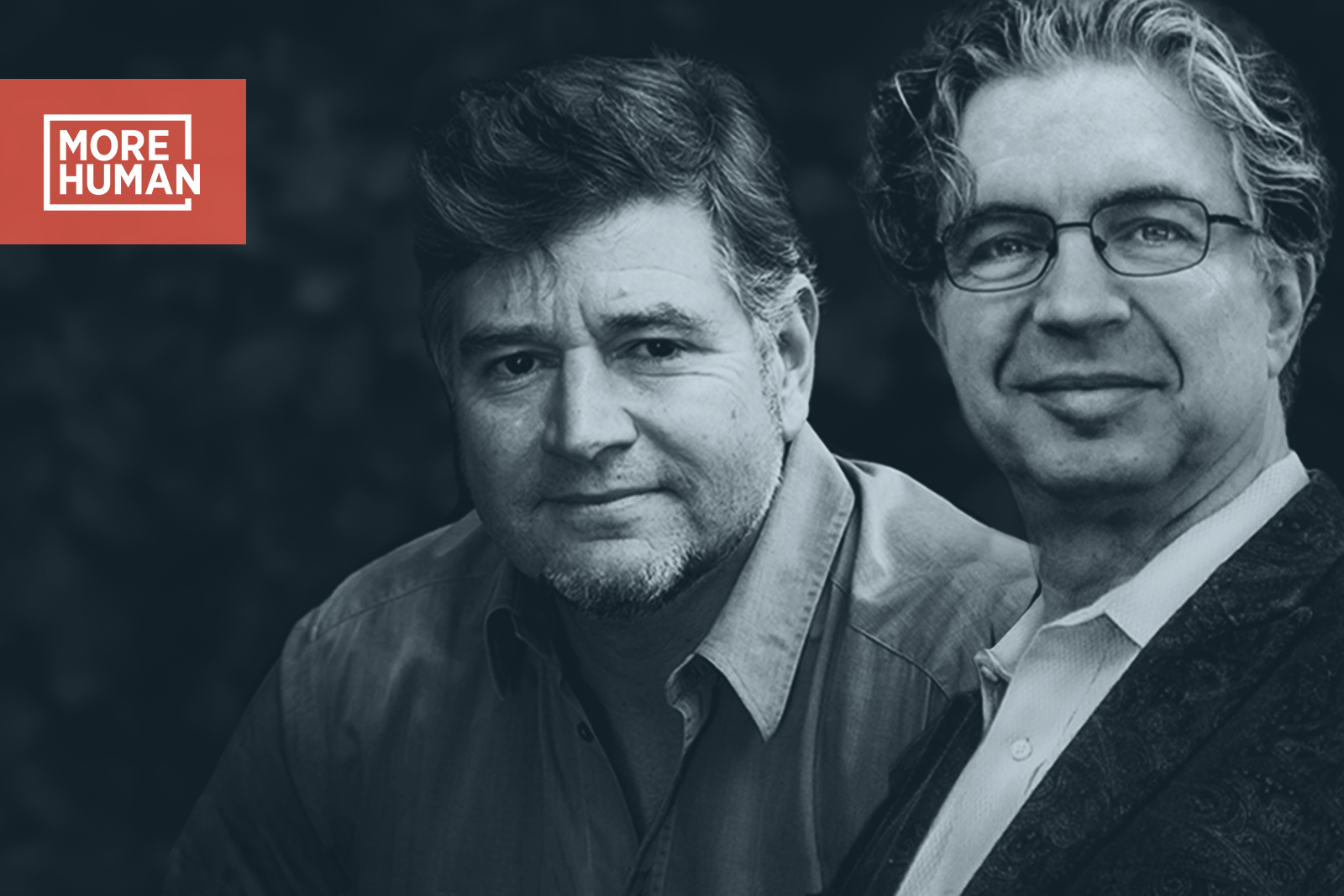What’s in a name?
William Shakespeare said, “What’s in a name?” It’s the sweetest sound in the world when we hear it spoken aloud. When someone speaks our name, especially in a kind way, we are immediately called to attention. What about at work? How is our name used? If your relationships at work are deep, you might even have a nickname. Some of mine over the years have been Doc, Chuck and Chaz. Every time I’d heard them, it would bring a smile to my face because it reminded me of that special connection with my coworkers.
We live in a busy time of haste and distraction. We are all expected to cram more and more into each day. Business owners and executives are certainly not immune to distraction, but their inattention comes with a price in the workplace. There are many managers and business owners out there who have not placed a priority on learning the names of their people. Yes, the people that work for THEM. If they had to, they could not identify them in a police lineup!
I remember an interview with one of the owners of a company for whom I worked. He started the interview by apologizing for not knowing my name. I immediately thought to myself, “Didn’t you read the meeting planner? Surely you received one for this interview?” It would have taken 10 seconds to look at my file. He followed that up with, “I have about 800 people that work for me in this building, there’s no way I can know all of their names. “I thought, “Really?!”
I have over 1,000 friends on Facebook and I know all of their names. I can identify all of them with a simple photograph – and not one of them works for me. Not one of them carries my brand on their business cards. Not one of them works 40 to 60 hours a week for me (including evenings and weekends when necessary). I’d know about their spouses and children if they were putting money in my bank account on a weekly basis … and I’d be grateful.
To say the least, I was very disappointed with the aforementioned experience. The message he sent to me was not a good one. Things popped into my head like: “He’s too busy to know who I am. He doesn’t care who I am. I do not truly matter to him.” None of that may be true or all of it may be true; I don’t know.
At best, it’s just plain lazy to not take the time to get to know your people. Who are they? What makes them tick? If you don’t care, then why should they? In many cases, they don’t. A 2013 Gallup Poll about the American workforce bears this out. It found that 70% of the American workforce is not happy, or is very unhappy, at work. That’s more than 108 million people!
As human beings in the workforce, what’s the thing we all crave? A global study conducted by the Mercer Group concluded that in every region of the globe, the number one most important thing to employees is R-E-S-P-E-C-T, as the chorus of Aretha Franklin’s famous song goes.
A leader who does not know the names of his or her employees is not showing them respect — in fact it is disrespect. If leaders don’t respect their people, what are the chances their employees are giving 100%? According to Gallup, 70% of the American workforce is doing just enough to keep their jobs and no more. This disengagement costs the American economy between $450 and $550 billion dollars annually. Who wouldn’t want a piece of that?
What would happen to the U.S. economy if the 70% who are sleepwalking through the workday gave it their all every day? What if they routinely tapped into their reserve of discretionary effort? Discretionary effort is the difference between what people have to do to keep their jobs and what they are capable of doing. Discretionary effort is the difference in winning or losing new business. It is the difference between retaining a client or losing them to a competitor. It is the difference between simply meeting corporate goals and shattering company records. Maybe it’s time to revisit the Shakespearian question … “What’s in a name?” and start learning more about those who surround us and contribute to our company’s success.













